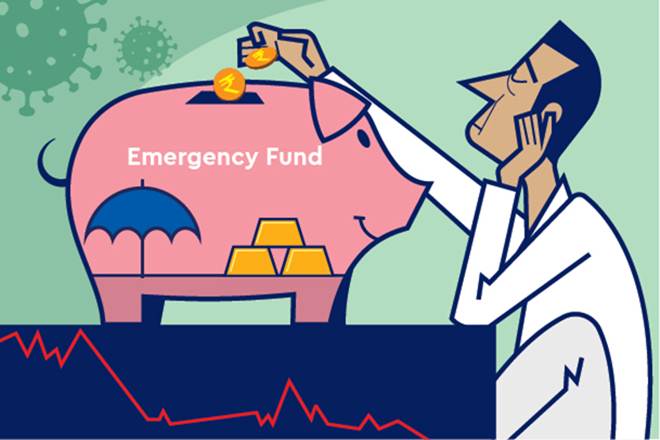By Raj Khosla
In a span of a few weeks, the Covid-19 pandemic has completely changed the economic landscape of not only India but the entire world. In India, industries are locked down, factories are shut and shopping centres are closed. Companies that were planning to expand this year are now shedding jobs. Most others are rolling out pay cuts during a month that normally witnesses increments and promotions. If you are also facing this situation, here are a few steps that can cushion the impact and prepare you for the worst.
Build an emergency corpus
Even if there is no pandemic, everybody must have an emergency fund. The possibility of layoffs and the impending pay cuts have only underlined this universal truth. Make sure you have enough money stashed in a liquid fund or a bank deposit that can be easily accessed. The rule of thumb is to have at least 5-6 months’ expenses in such a fund. If you have emergency funds you do not need to opt for the moratoriums being offered by banks on EMIs and credit card bills.
Get health insurance
Many people don’t buy health insurance as they are covered by employee group insurance. But this group health cover ends when you lose your job. It may not be possible to buy health insurance in a hurry. What’s more, you won’t get covered for many illnesses immediately. Insurance companies have a wait period before certain illnesses are covered. There is also a two-year wait for pre-existing conditions. Till then, any hospitalisation expense will have to be borne by you.
Consolidate outstanding debt
Whether it is a long-term home loan or a short-term credit card balance, we all have some outstanding debt. If you have several loans going, try to consolidate this debt under one loan. Collaterised borrowings, such as loans against property, are cheaper than other forms of credit. If you already have a home loan, top it up and use the money to pay off other costlier loans.
Raise money by liquidating investments
You can also raise money by redeeming some investments. Although it is not a good idea to sell equity instruments at a time when markets have been beaten down badly, you could consider liquidating other investments such as non-equity funds, gold funds and fixed deposits. One easy option is partial withdrawal from the Public Provident Fund, where the interest rate has been cut to 7.1%. If the investment has completed more than six years, you can withdraw up to 50% of the balance at the end of the previous financial year. It is also possible to take loans against insurance policies that have completed more than three years.
Revisit your household budget
It is easy to run a household when you have a steady pay cheque coming in every month. But if this payment stops, even small expenses will appear difficult. Don’t cut down on everything, but if you get rid of the unnecessary expenses from your household budget, you will be able to fit in everything you need.
Put big-ticket expenses on hold
People assume a higher income in future and accordingly make purchases. Given the possibility of pay cuts and job losses, these plans can come unstuck now. Keep big-ticket expenses on hold till there is clarity on how the slowdown will impact the economy in general and your job in particular.
The writer is managing director, MyMoneyMantra.com

